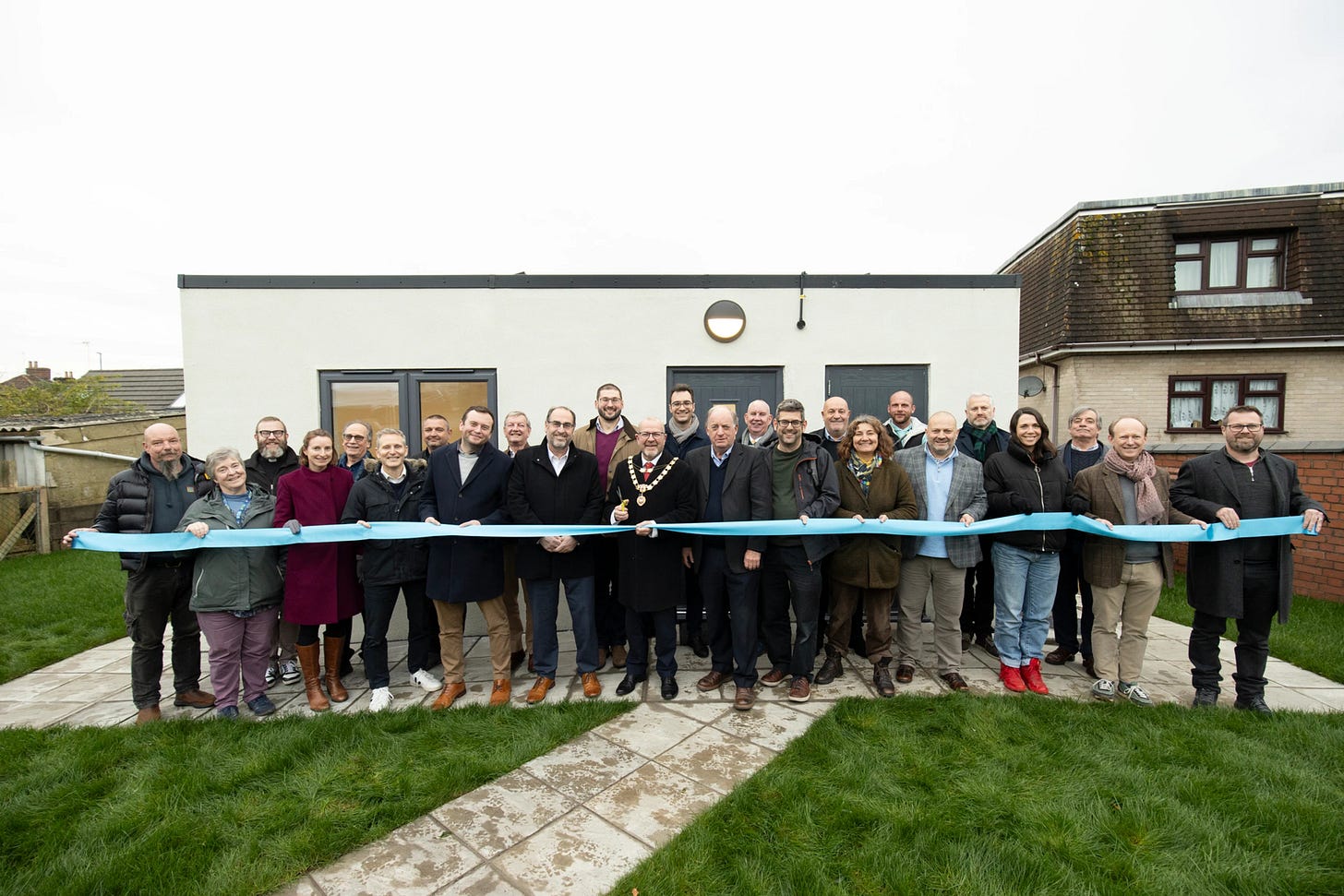How Bristol put a lid on temporary accommodation costs amid homelessness crisis
Councils are piloting ways to tackle the cost of housing a record number of homeless families while we wait for a new strategy from the government.
There are a record number of homeless households now living in temporary accommodation in England, often in unsuitable hotels or B&Bs, and the spiralling cost of housing them has been pushing local councils closer to the brink of financial ruin.
English councils spent almost £2.3 billion on temporary accommodation in 2023/24, while London boroughs alone had to fork out a combined total of £4 million per day. At the end of 2024, there were 128,000 households in temporary accommodation – more than double a decade ago. A number of councils have cited the cost of temporary accommodation as a reason they need financial support from the government.
But amid this national crisis, Bristol City Council is one of a number of local authorities getting creative to turn the tide by reducing costs and getting families out of unsuitable accommodation.
The number of people at risk of homelessness in Bristol hasn’t let up, with around 1,700 households in temporary accommodation in the city, compared with 1,600 a year ago. But data acquired under freedom of information laws reveals that the authority managed to reduce its spending in 2024/25 by 7 per cent – from £21.1m to £19.7m.
“Firstly, we’ve reduced our subsidy loss – the cost to the council,” the city’s housing chief councillor Barry Parsons tells The Lead: “But we've also made a lot of progress in taking people out of unsuitable accommodation and either providing them with something better or helping them move on into their own home, or preventing people from becoming homeless in the first place, so all three have contributed.”
A focus on prevention
Getting the costs under control has been achieved by a combination of initiatives, including redesigning the council’s homelessness services to focus more on prevention, recommissioning the contracts with private providers to push up standards and drive down costs, and getting people out of hotel and B&Bs by placing them in homes owned by the council or housing associations.
"We've made really good progress in reducing our use of hotels,” Parsons says. “At the start of 2024/25, we had 110 families for more than six weeks – we know that a hotel is in no way a place for family life – but by the end of the year, we had reduced that to nine.” This reflects the national picture, as the number of families in B&Bs started to fall in 2024.
The council has also been providing financial incentives for private landlords to offer temporary accommodation and move people onto longer-term private rented tenancies. But the ultimate aim is to reduce the reliance on the private sector altogether.
Next, the authority plans to acquire at least 75 units to use as temporary accommodation and expand a pilot scheme to provide 50 modular units on small pockets of council-owned land that can be relocated in future.
But the biggest move of all would be for the council to set up its own registered housing provider, which could save millions each year, subject to a full business case being approved in the autumn. There are already at least five council-owned registered provider companies elsewhere in England, including in Nottingham, Ealing and Newham.
“It's possible that this company might be able to dramatically increase the supply of temporary social housing we can place people in,” Parsons says.
"I'm incredibly proud of all the work we're doing, there's huge amounts of innovation happening here,” he adds. “My hope is that it informs a housing strategy for us and the country as a whole, through those relationships we've got with other cities and the government, so that we can take some of these new ideas and really go big with them and have a big impact.”
Where else are these tactics working?
Keep reading with a 7-day free trial
Subscribe to The Lead to keep reading this post and get 7 days of free access to the full post archives.





